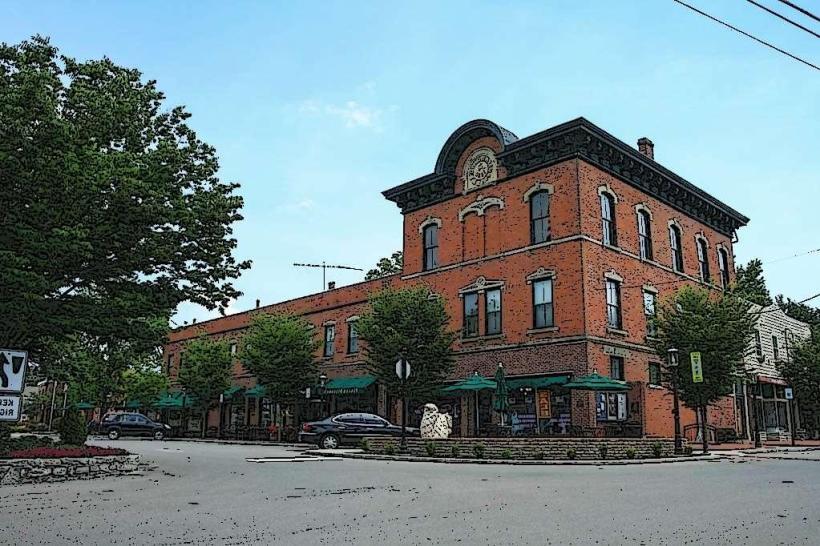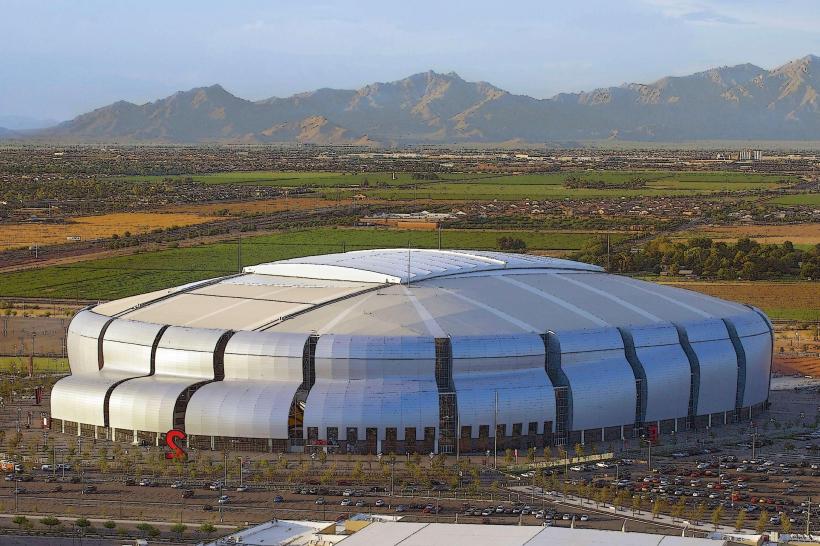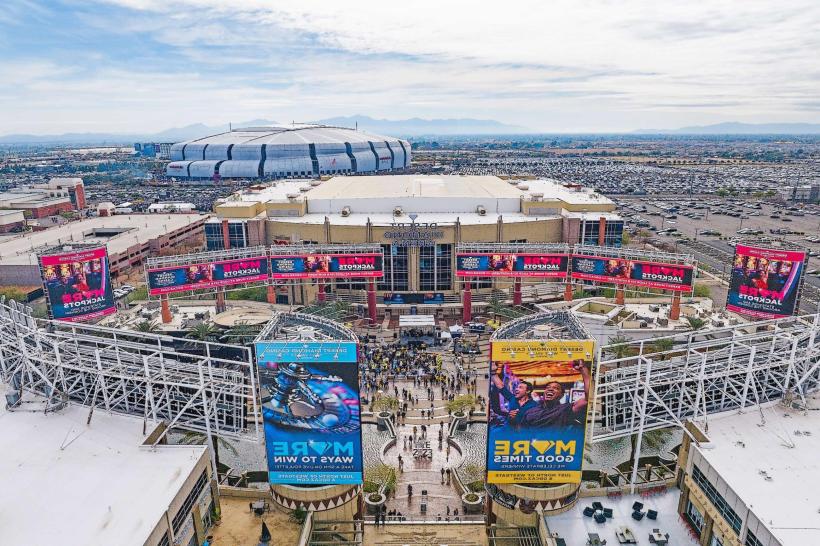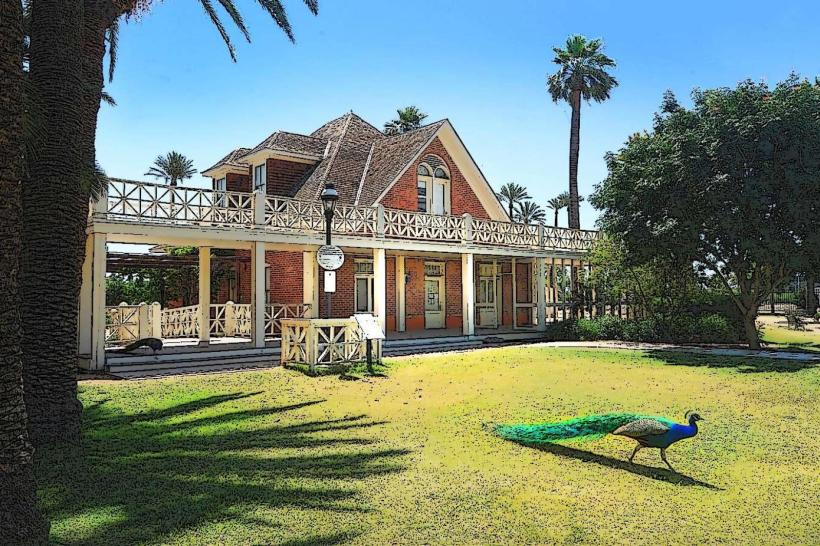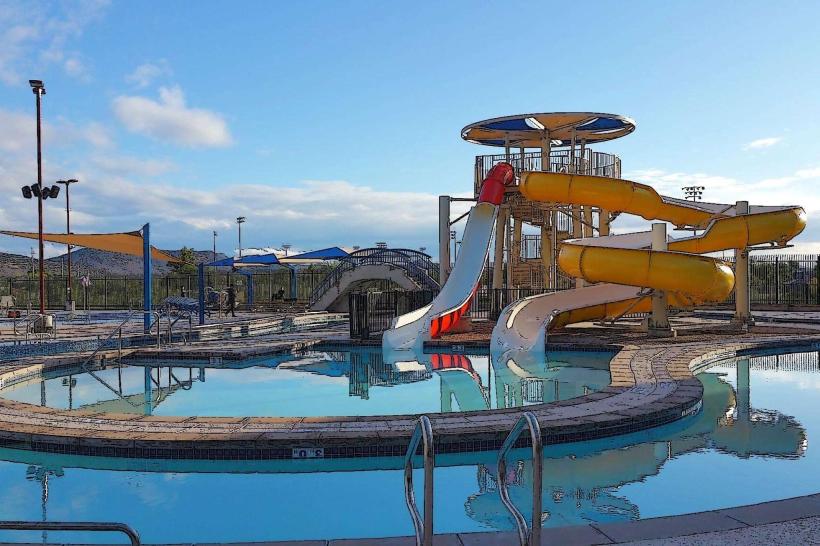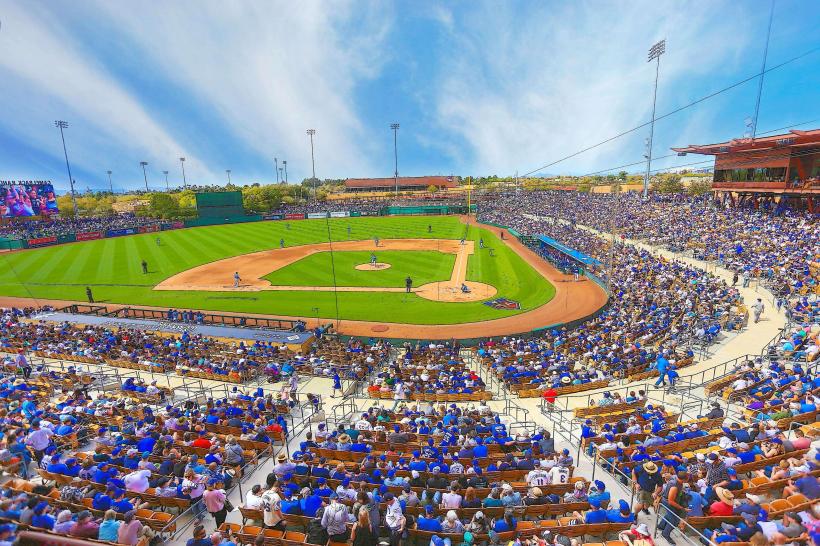Information
Landmark: Glendale Community CollegeCity: Glendale
Country: USA Arizona
Continent: North America
Glendale Community College, Glendale, USA Arizona, North America
Glendale Community College (GCC), established in 1965, is a prominent public community college located in Glendale, Arizona. It is part of the extensive Maricopa County Community College District, one of the largest community college systems in the United States. GCC serves a diverse student population, enrolling over 19,000 students annually across its campuses and online platforms, offering comprehensive academic programs and community services.
Academic Programs and Educational Offerings
GCC provides a broad range of academic programs designed to meet various student needs, including transfer degrees, career and technical education, and personal enrichment courses. The college offers more than 100 accredited degree and certificate programs, with curricula structured to facilitate smooth transfers to four-year institutions or immediate workforce entry.
Transfer Degrees: GCC offers Associate in Arts (AA), Associate in Science (AS), and Associate in Business degrees aligned with the Arizona General Education Curriculum (AGEC), ensuring that credits earned are transferable to Arizona’s public universities such as Arizona State University, University of Arizona, and Northern Arizona University.
Career and Technical Education: The college provides numerous career-focused programs in fields such as applied technology, health sciences, business, law enforcement, fire science, and hospitality. These programs include practical training and certifications designed to prepare students for local and regional job markets.
Fields of Interest: Academic departments are organized into diverse fields including Applied Technology (automotive technology, HVAC, welding), Behavioral Sciences (psychology, social work), Health Sciences (nursing, emergency medical services), Business and Entrepreneurialism, Liberal Arts and Sciences, and more.
Continuing Education: GCC also offers non-credit courses for professional development, adult education, and community learning, enhancing lifelong learning opportunities.
Campuses and Facilities
Glendale Community College operates two main campuses designed to provide accessible education across the region:
Main Campus (Glendale): Located at 6000 West Olive Avenue, this sprawling 147-acre campus features modern classrooms, state-of-the-art laboratories, libraries, student centers, athletic facilities, and extensive parking. The campus is equipped to support a broad spectrum of academic disciplines and extracurricular activities.
North Campus (Phoenix): Situated at 5727 West Happy Valley Road, the North Campus extends GCC’s reach to northern Maricopa County, offering select programs and services to accommodate students in that area. It is smaller but fully equipped with contemporary classrooms and learning resources.
Facilities across both campuses emphasize technology integration, accessibility, and student support. Features include computer labs, science and health labs, performance spaces, fitness centers, tutoring centers, and spaces for student clubs and organizations.
Student Life and Athletics
GCC boasts a vibrant student life scene with numerous clubs, organizations, and leadership opportunities fostering community engagement, cultural diversity, and personal growth. Students can participate in academic societies, cultural clubs, honor societies, and service organizations.
The college’s athletic teams, known as the Gauchos, compete in the National Junior College Athletic Association (NJCAA) and the Arizona Community College Athletic Conference (ACCAC). GCC has earned a strong reputation for athletic excellence, with programs in football, volleyball, softball, baseball, basketball, and cross-country. The teams have won multiple national championships, particularly in football and volleyball, reflecting the college’s commitment to competitive sports and student-athlete development.
Affordability and Support Services
Glendale Community College is dedicated to providing affordable education to the community. Tuition rates are competitively low compared to four-year universities, with in-state tuition typically around $97 per credit hour. Financial aid programs, including scholarships, grants, work-study, and loan counseling, are available to support students in managing their educational expenses.
The college offers comprehensive student support services, including academic advising, career counseling, transfer assistance, disability resources, tutoring, and mental health services. These resources help ensure students receive personalized guidance throughout their academic journey.
Community Engagement and Workforce Development
GCC plays a crucial role in the local community by partnering with businesses, government agencies, and non-profits to offer workforce training and development programs tailored to regional economic needs. The college hosts workshops, seminars, and customized training sessions to assist both job seekers and employers.
Moreover, GCC acts as a cultural and educational hub by offering public lectures, art exhibits, performances, and community events that enrich the social fabric of Glendale and surrounding areas.
Accessibility and Transportation
Both GCC campuses are accessible via major highways and public transportation, making it convenient for students commuting from across the Phoenix metropolitan area. The college provides ample parking and facilities designed to accommodate students with disabilities, ensuring inclusive access to education.
Summary
Glendale Community College stands out as a comprehensive institution dedicated to providing quality, affordable higher education and workforce training in the Phoenix metropolitan area. Its wide variety of academic programs, modern facilities, vibrant student life, and strong community ties make it a key educational resource in Maricopa County. GCC’s commitment to student success, transfer pathways, and career readiness ensures that it continues to meet the evolving needs of its diverse student population and the regional economy.

